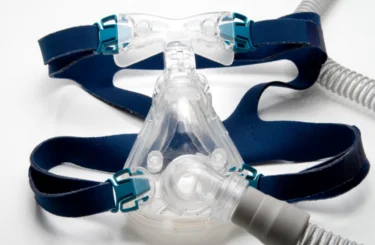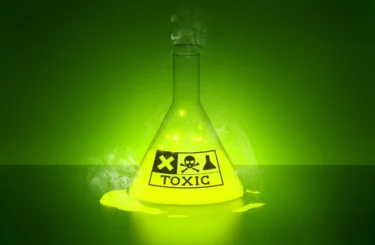
Can Bars and Restaurants Be Held Responsible for Alcohol-Related Fights?
It’s Friday, and a welcome end to the work week. You go out with friends, eat a nice dinner, and have some drinks at the local bar. But later in the evening, the bar-room atmosphere becomes tense. You end up in a fight, and you have two cracked ribs to prove it.
You have clearly suffered a personal injury and you have the right to take legal action. But exactly who is responsible?
The Bar or Restaurant
Under Michigan dram shop laws, you may be able to file a claim against the establishment where the fight occurred. To sue, you have to show that the bar over-served the intoxicated patron who instigated the fight.
Dram shop laws prohibit establishments with liquor licenses from serving alcohol to patrons who are visibly intoxicated. The laws impose civil liability on these establishments for damages that result from over-serving patrons.
Dram shop laws are typically used to hold bars and restaurants responsible for drunken-driving accidents and injuries sustained by underage drinkers. But the laws can also be successfully applied to hold a bar or restaurant liable for damages caused by an intoxicated patron — including injuries in a fight.
The Persons Involved
An injured patron can also file an assault and battery claim against the person or persons who caused the injury.
An assault and battery is an intentional tort, which means it is an act done on purpose to cause harm. An assault and battery includes such things as punching or pushing someone, tossing a drink on a person, throwing an object at someone, and spitting on someone.
If you file an assault and battery claim, you have to prove the actions that harmed you were purposeful. However, you don’t have to show the person intended to cause the harm that you actually suffered.
Depending on the circumstances of the incident, you may also be able to file an assault and battery claim against the bar security personnel who got involved, presumably to break up the fight.
But what if you don’t know the name of the person who injured you? You can still take legal action. By filing a claim in which you name the defendant as “John Doe,” you avoid having your legal rights expire. Once the “John Doe” action is filed, the discovery process will help find out who caused your injuries and, once identified, that person will be named as the defendant in the case.
Lisa Esser-Weidenfeller
Lisa Esser-Weidenfeller represents injury victims in personal injury and medical malpractice claims. She also represents individuals in cases against those who have committed horrific acts of sexual assault.





